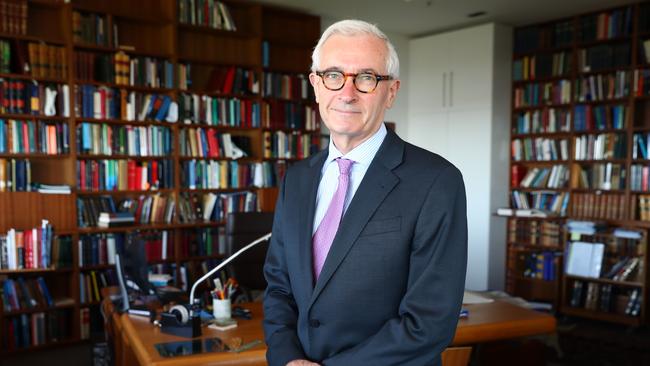Federal Court ‘diminishes’ open justice, media companies to object
Opposition is growing to the Federal Court’s snap decision to limit journalists’ access to legal documents.

Opposition is growing to the Federal Court’s snap decision to limit journalists’ access to legal documents, with a coalition of media companies preparing to submit its formal objection to the new rules in coming days.
In December, the court introduced new rules to deny journalists access to key information about legal matters until after a case’s first hearing, thus severely compromising reporters’ capacity to accurately record the goings-on in court, and potentially denying the public of relevant information about the behaviour of individuals as well as companies.
Such was the secrecy around the introduction of the new rules, media outlets didn’t become aware of the change until early January, when the court reopened after the Christmas break.
In an initial letter of complaint to the Federal Court, dozens of editors and journalists co-signed a submission to Chief Justice James Allsop, in which they wrote: “The idea that applications for access can simply wait until after the first hearing reflects a fundamental misunderstanding of how journalism works and its role in a democratic society.”
But the letter was rebuffed by the Federal Court, which cited “undesirable consequences” arising from the freedom of allowing journalists unlimited access to court documents that aren’t the subject of any suppression orders.
The Australian understands that Australia’s Right To Know, a coalition of 12 major media organisations formed in 2007 to address concerns about the state of freedom of speech and the public’s access to information on how they are governed, is in the process of drafting another, formal submission to the court.
Robert Todd, one of Australia’s most experienced media lawyers and a partner at Ashurst, said the Federal Court’s decision had “diminished” the principles of open justice and transparency.
“The Federal Court’s own legislation focuses on the open administration of justice. It requires that any restraint on open justice be necessary and not merely convenient,” Mr Todd told The Australian. “I understand why the court might have thought the rule to be reasonable, but I do not believe it is necessary, or in step with the public’s expectation that the courts operate transparently.
“The concern that a respondent might find out about litigation before they are served is not well founded. The court’s rules already require an applicant to take steps to engage with the respondent before commencing proceedings – the prospect of litigation therefore ought to be no secret.
“The risk that a journalist might accidentally see confidential documents can be managed by filing documents as confidential documents. The court’s existing processes already provide, in my opinion sufficiently, for the protection of confidentiality.
“Chipping away at free speech can have unintended consequences, including by diminishing the court’s functions. I believe a fundamental building block of the judicial system, open justice and transparency, has been diminished by this decision.”
Jordan Lidberg, head of journalism at Monash University, said the court should have consulted with media companies before changing its rules about access to documents.
“Open justice sits at the core of the public’s trust in the justice system. Without an open and transparent justice system, public trust in our courts will over time fall,” Professor Lidberg said.
“Court documents should, as far as possible, be open for everyone to access, enabling independent scrutiny of how the courts exercise their powers. At a minimum, the Federal Court should have consulted with all stakeholders, including journalists and members of civil society, before this decision to limit access to court documents was taken.”
A spokesman for the Federal Court said it was looking to “facilitate a streamlined process” to improve media access to legal documents.





To join the conversation, please log in. Don't have an account? Register
Join the conversation, you are commenting as Logout